
On Sunday, May 2, I preached a message that helped summarize the whole year of teaching that we have walked through together. We’ve called it, “The Book of Jesus.” I issued a challenge to our church family to test our knowledge and core understanding of what God tells us about himself, what we can know about ourselves, and most importantly, why and how Jesus plays into the whole story. Why is the Bible totally about Jesus? Why would we need him? How can we build our lives on this truth?
On Tuesday evening this week, I walked one of our small groups through this lesson line by line and had them take the test—helping them discover the answers brick by brick. It was so much fun to do with this group that I offer myself to any small group, or combination of groups, that would like to come together one evening this spring or summer and walk through this test together.
Whether you do it alone or with a group, TAKE THE TEST! Below are the instructions on how to build your own wall of truth. Enjoy!
The Book of Jesus Test
LINK: The Book of Jesus Test—printable version
INSTRUCTIONS:
For each theological word or phrase, list reasons why the word or phrase is critical to our understanding of Jesus as the main story in the Bible. Then explain why this matters, what difference it makes, and how it affects you personally.
Consider drawing a wall (much like we did during the sermon on May 2) that helps you grasp the critical theology that shows us who God is, who we are, and what Christ has done for us. Then, and only then, can we build our lives upon the rock.
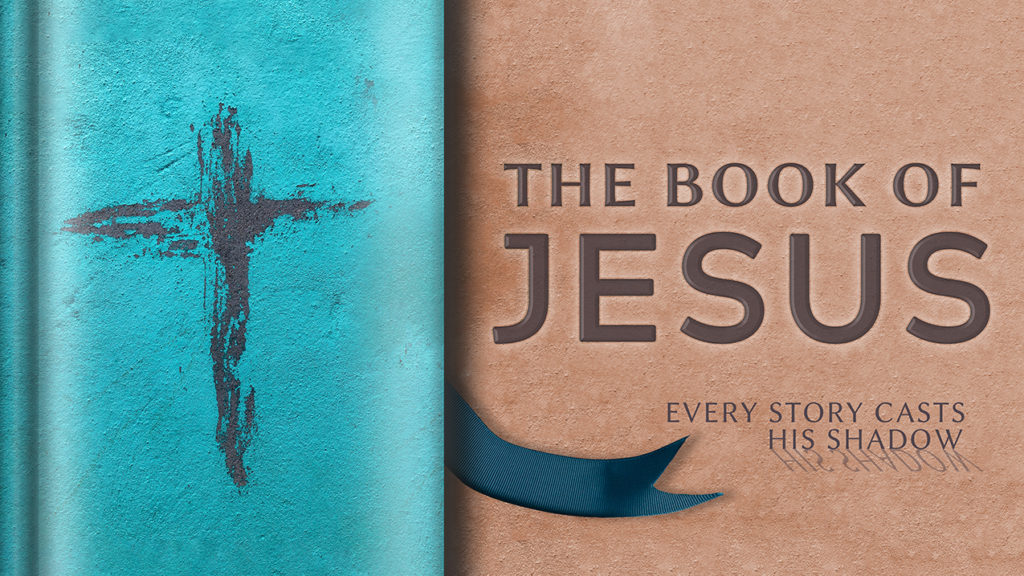
CHAPTER 1: The Book of Jesus—Every Story Casts His Shadow
(Why do we need Jesus: the theological foundation)
- Holy God (Genesis 1)
What does this mean?
What does this change for me and in my world view?
- Image Bearers (Genesis 2)
What does this mean?
What does this change for me and in my world view?
- Shattered (Genesis 3)
What does this mean?
What does this change for me and in my world view?
- Rescue (Genesis 3)
What does this mean?
What does this change for me and in my world view?
- Covenant (Genesis 12)
What does this mean?
What does this change for me and in my world view?
- Sacrifice (Genesis 22 & Exodus 12)
What does this mean?
What does this change for me and in my world view?
- Remember (Exodus 12)
What does this mean?
What does this change for me and in my world view?

CHAPTER 2: Did You Know?
(The Messiah)
- The promise of the Messiah (Isaiah 9)
- What are the promises?
- How does the Messiah fulfill the rescue God planned?
- The picture of the Messiah (Isaiah 9, 49, 53)
- What are the pictures of the Messiah?
- How does this Messiah fulfill the the promise of the Messiah?
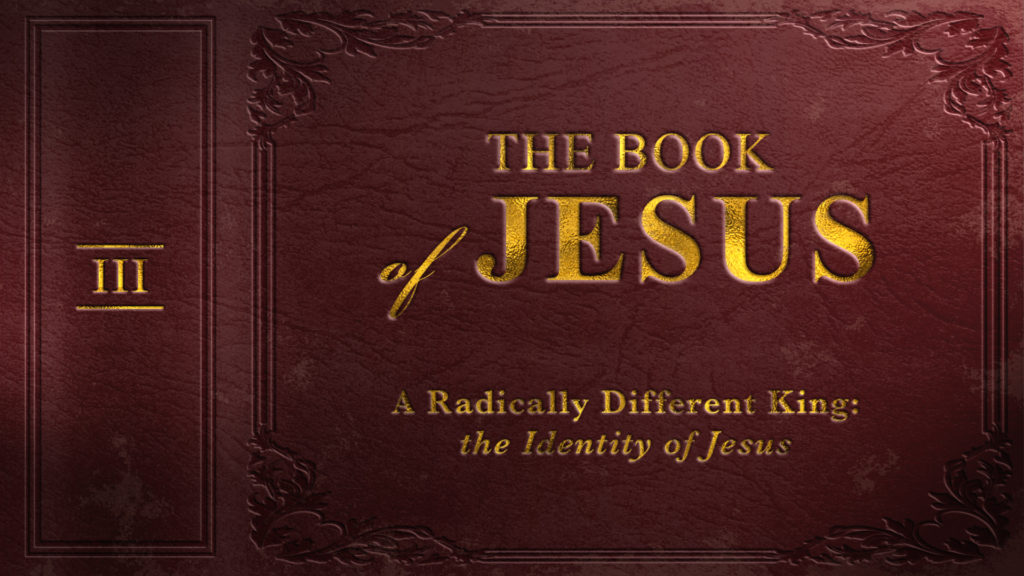
CHAPTER 3: A Radically Different King: The Identity of Jesus
(The Messiah’s Arrival)
- The arrival of the Messiah (Luke 2)
- How did his arrival fulfill God’s promises?
- The lineage of the Messiah (John 1)
- How does the lineage of the Messiah fulfill God’s covenant promises?
- How does this Messiah’s lineage line up with the foundation of our beliefs in chapter 1?
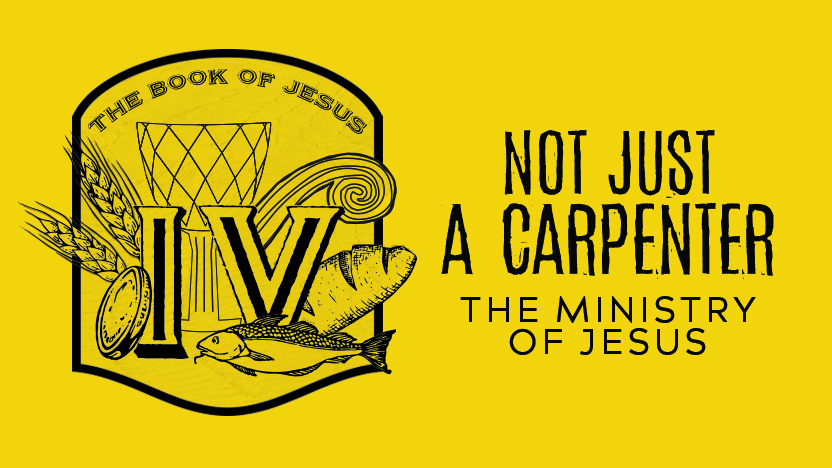
CHAPTER 4: Not Just a Carpenter: The Ministry of Jesus
(The Story of Messiah Jesus in the Gospels)
For each story below, describe simply how Jesus fulfills the foundational truths that God promised.
- Jesus’ launch: his baptism his temptation, and the calling of his disciples (John 1 & Matthew 4)
- Jesus the miracle worker (John 2)—turning water into wine
- Jesus speaks with Nicodemus (John 3)—about new birth
- Jesus meets the woman at the well (John 4)—talks of eternal water
- Jesus heals the paralyzed (John 5)
- Jesus feeds 5000 (John 6)—with a few loaves of bread and fish
- Jesus speaks of being a disciple (John 6)—a disciple is all in; speaks of eating his flesh and drinking his blood)
- Jesus raises Lazarus from the dead (John 11)—confronts the death of a friend and speaks of being the way of life
The “I Am” statements of Jesus
What are the “I Am” statements, and what does each one mean to the total story of God as laid out in our foundation of theology?
- John 6
- John 8
- John 10
- John 11
- John 14
- John 15
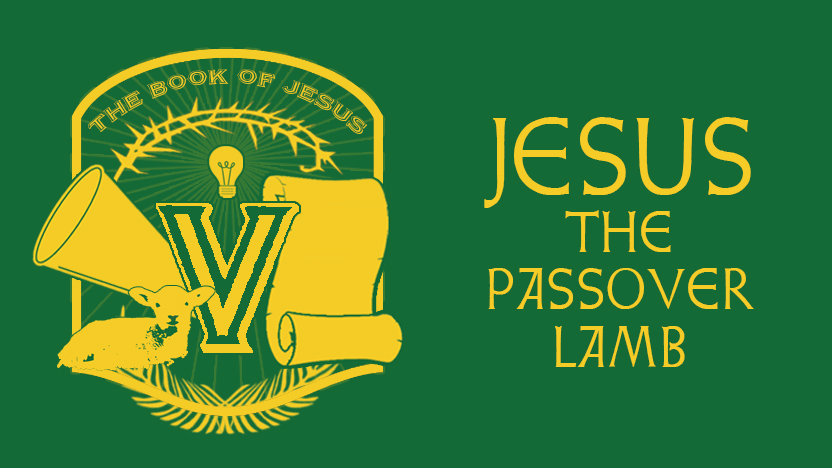
CHAPTER 5: Jesus—the Passover Lamb
(The Fulfillment of Jesus’ Purpose During Holy Week)
- John 12-17
Chapter by chapter in this story, how did Jesus’ last earthly week (Holy Week) reflect the core theology that we built this truth on (chapter 1 of our study)?
- John 18-19
Good Friday: How did Jesus fulfill the core truth of the perfect holy one who sacrificed for us all?
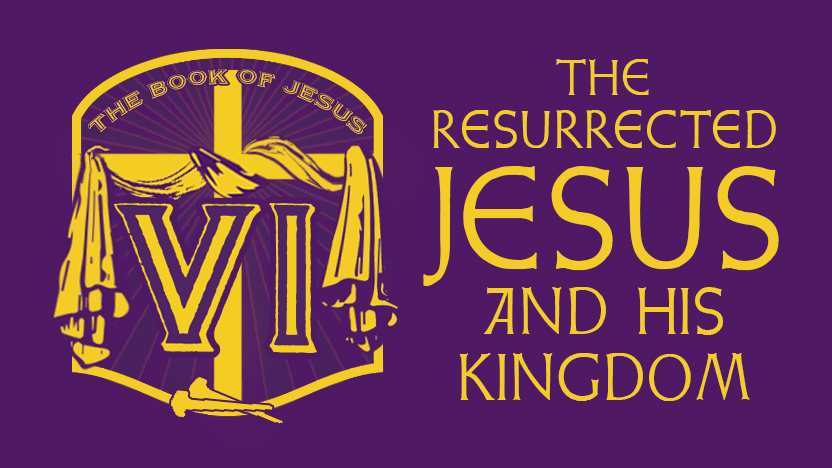
CHAPTER 6: The Resurrected Jesus and His Kingdom
(The Completion of the Messiah’s Work)
- John 20-21 & Acts 1
- List out the storyline of his resurrection appearances.
- What changes occur in me when I recognize the risen Savior Jesus?
- What do these phrases mean as Jesus hands off his message to the disciples?
- Restored his image in us
- To reveal his image to the world